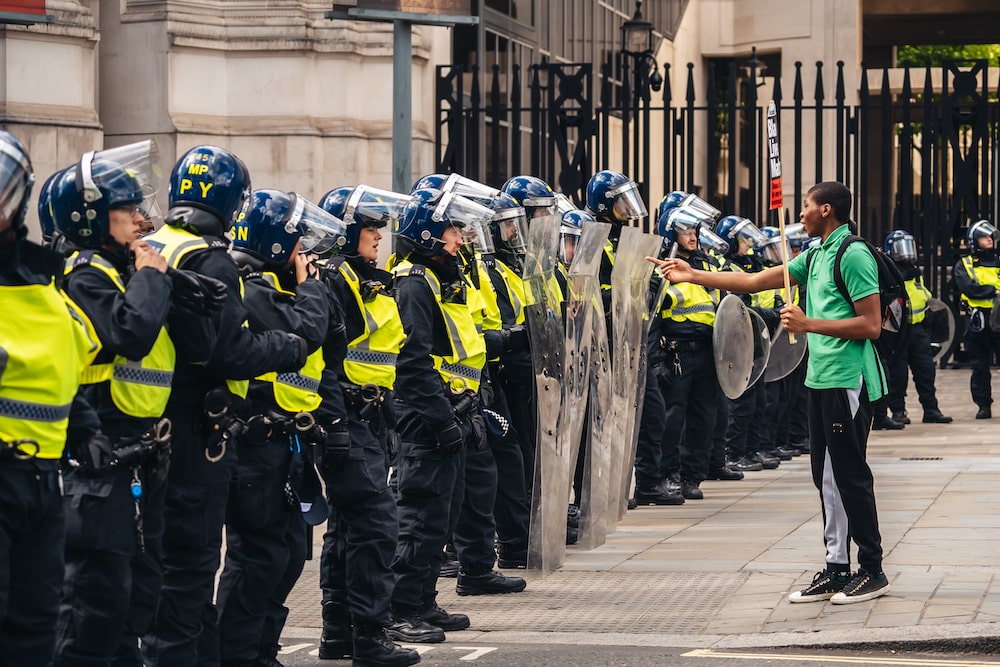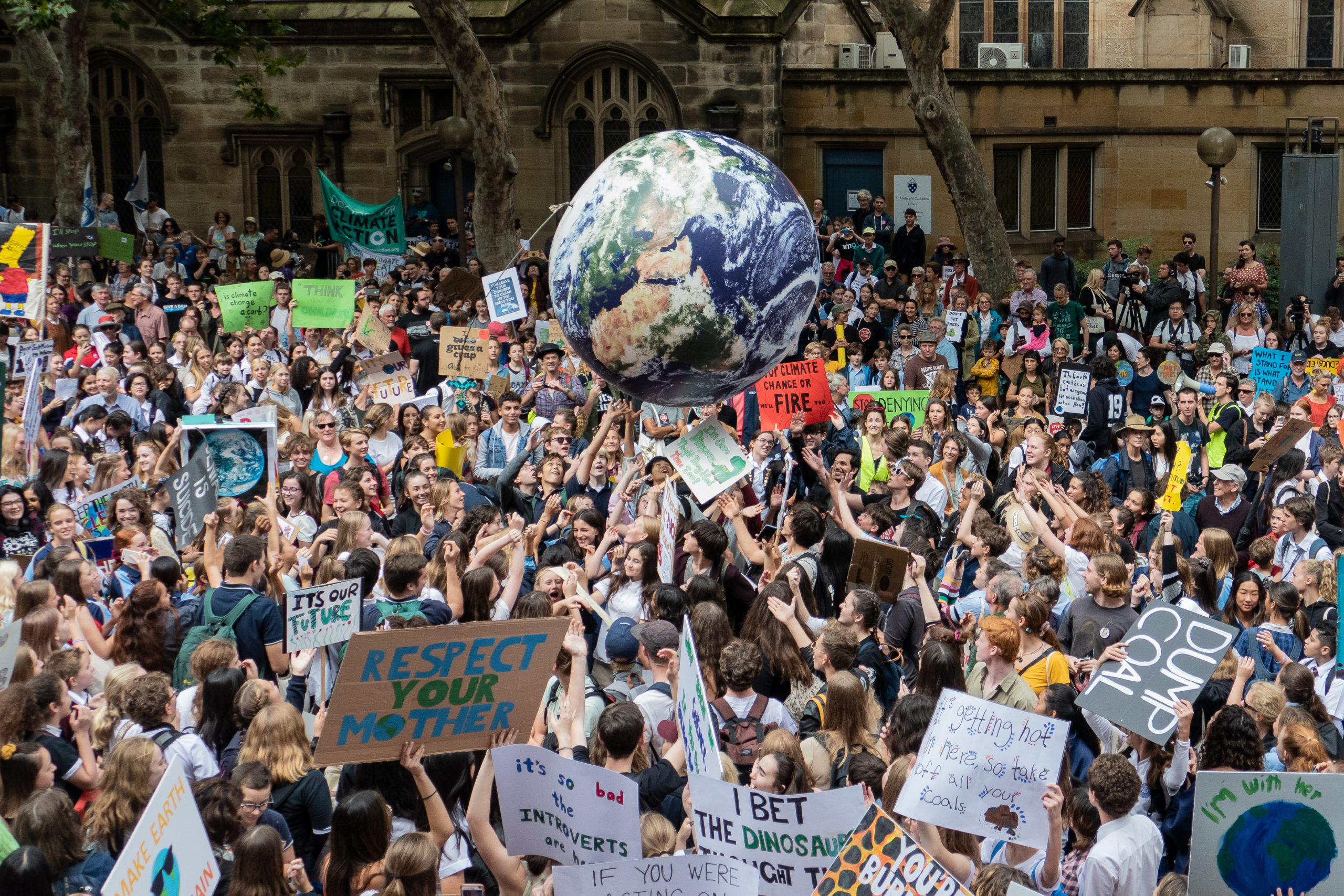
A New Initiative on Civic Space and Security
Security laws and policies have severely squeezed civic space over the last two decades. And the Covid-19 pandemic has seen Governments create more emergency powers which many will be reluctant to relinquish. It is time for a globally-networked, strategic response which pushes back on the drivers as well as the results of this repression.
Civic space is critical to tackling the enormous crises humanity faces this decade, from irreversible climate change to the economic and social inequalities that are pulling societies apart.
But civic space has been severely constricted over the last 20 years. New counter-terrorism laws and policies have proliferated, as Governments claim they need to restrict rights to assemble, to organise and to protest in order to keep us safe. Civil society organisations on every continent face surveillance and harassment, and progressive activists are regularly termed ‘extremists’. The risks of speaking out on climate, LGBTQ+ and women’s rights, migration politics, indigenous and land rights among a legion of urgent social issues have increased exponentially.
When Covid-19 necessitated ‘lockdowns’ from March 2020, it was no surprise to see some Governments bring in measures very disproportionate to public health need. The UN Secretary-General has warned that the pandemic has been used as “a pretext…to crush dissent, criminalise basic freedoms…”. Covid-19 has also of course seen unprecedented community organising of mutual aid – people set on providing real security for one another. 2021 could be the turning-point.
In FICS’ landmark 2019/20 investigation of the trends and drivers closing down civic space, Rethinking Civic Space, we found that the abuse of security laws, policies and practices, while intertwined with concentrated economic power and support for far right populists, is set to continue as the dominant driver of closing civic space through this decade. It is deeply embedded in national Government policy frameworks across radically different political outlooks, is driving the agenda of the UN and over 200 transnational bodies, and its ‘security-justifies-almost-anything’ narratives feel hegemonic. This agenda needs to be systematically disrupted and pushed back.
We need a new and determined collaboration between groups on the frontline resisting national government repression, researchers and monitors with a bird’s eye view, those positioned to advocate at a transnational level, and strategic funders committed to tackling not only the downstream impact of the repression of civil society, but its upstream drivers. Over the last year FICS has interviewed civil society groups and funders working on civic space, inequality, national security, corporate power, environmental protection, the impacts of climate change, and the future of technology. We have commissioned research, convened civil society groups and funders, and we have produced a sharp new analysis which starts to pinpoint where the security agenda overreach could be disrupted and how.
FICS’ new initiative on civic space and security is ambitious. We aim to create a networked, cross-sector civil society response to this massive counter-terrorism overreach with the longevity to disrupt, reform and transform. Alongside our founding partner the Fund for Global Human Rights, a thought leader and experienced grassroots funder, we are testing strategies which simultaneously support local movements, discredit the shadowy transnational security architecture and those who profit from it, and build alternative narratives about real human security.
We hope that you might be part of this work. If you would like to discuss how your work aligns with us and how you can support and get involved, please get in touch.
Update, November 2022: The new initiative, Civic Futures, now has a website – a hub for sharing analysis, trends and networking opportunities for anyone across philanthropy and civil society who is interested in protecting civic space from overreaching counter-terrorism frameworks. If you’re interested in collaborating with us on these issues you can find more information on the Civic Futures website.



